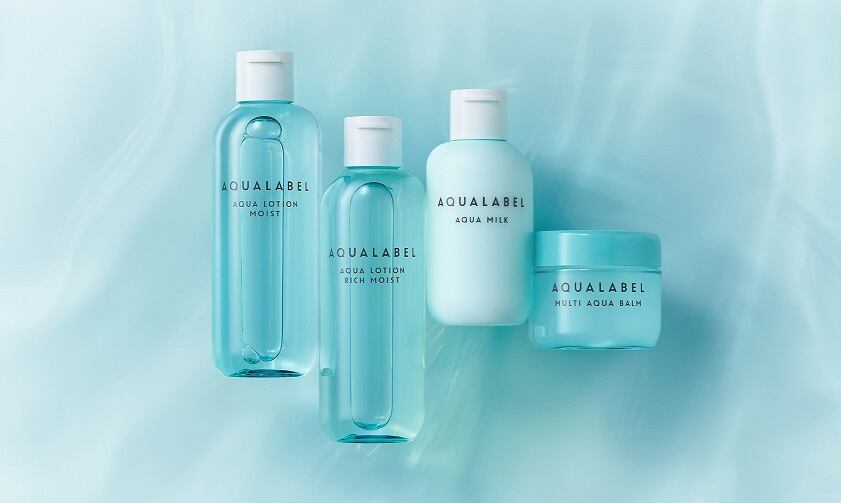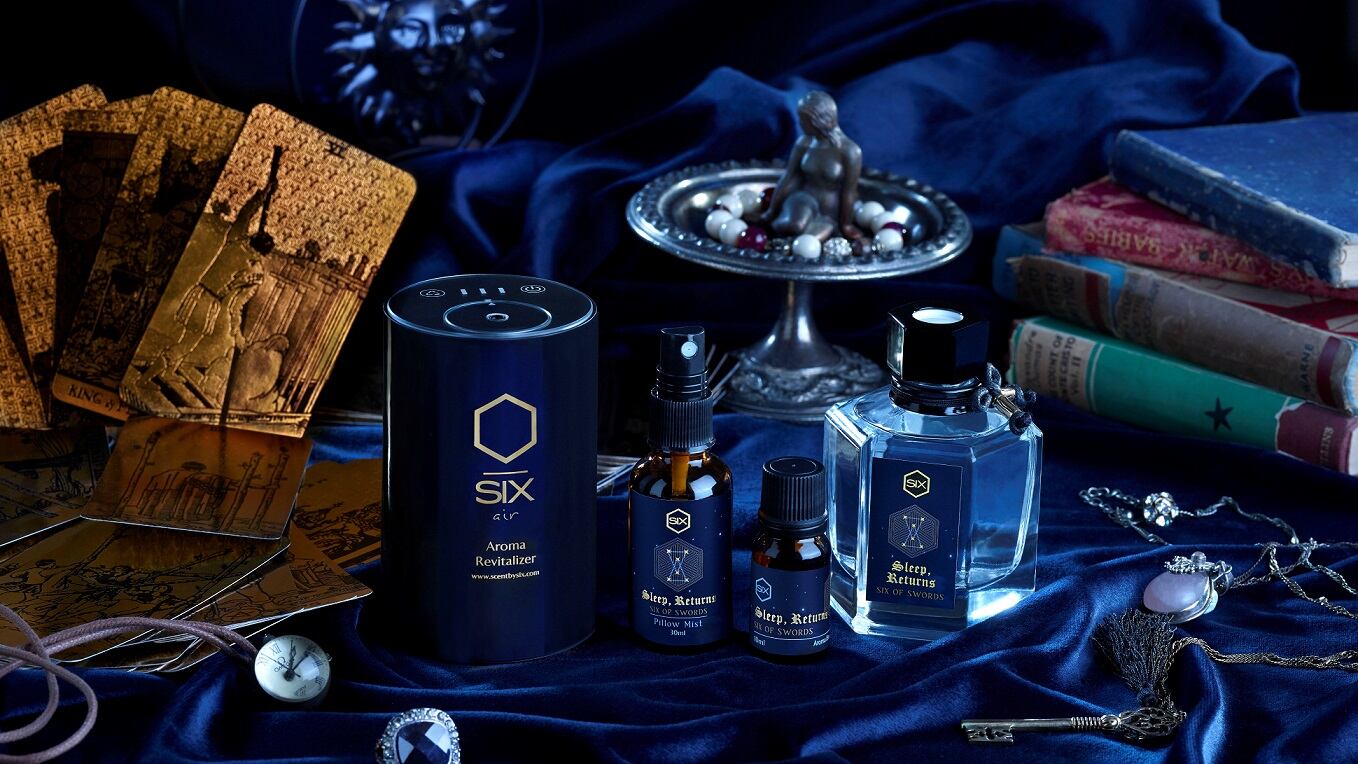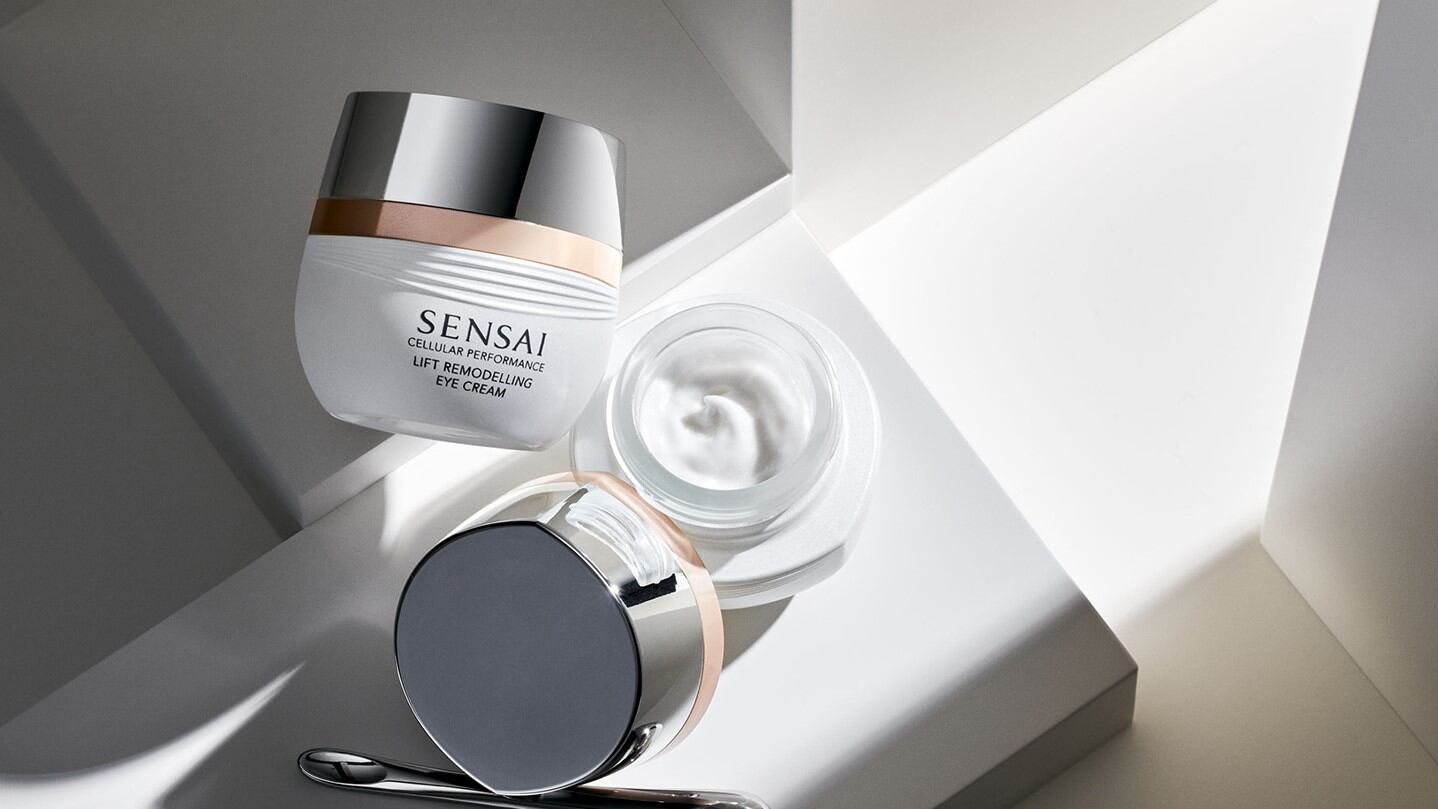1 – Scalp saver: Shampoo with Amorepacific’s patented green tea probiotic sees sales surpass a million units
LABO-H, a hair care brand specialising in scalp skin under Amorepacific that utilises the firm’s patented green tea probiotic, has seen sales of its scalp strengthening shampoo surpass a million units within 18 months of its launch.
The South Korean beauty and personal care company, which owns brands Sulwhasoo, Laneige and Innisfree, attributed the success of the brand to increasing scalp care and hair loss concerns, which it believes have been triggered by the changing climate.
The rapid change in weather and temperature can cause an imbalance in the scalp and ultimately lead to hair loss, said the firm.
The interest in scalp care has been on the rise in the past few years thanks to the ‘skinification’ of hair care According to Mintel, 47% of Chinese consumers believe a healthy scalp was key to healthy hair.
2 – Pandemic skin care: Shiseido's AQUALABEL launches range focusing on skin health and fermented ingredients
Japanese beauty giant Shiseido has launched a new range of skin care products under the AQUALABEL brand that was developed in response to skin care needs and concerns that have been influenced by the COVID-19 pandemic.
Aqua Wellness is the latest range from AQUALABEL, a skin care brand owned by Shiseido, that was designed to be a simple beauty solution to protect the skin barrier and keep skin healthy.
It was developed in response to a market research study conducted by Shiseido in July, which sought to find out how the perception of skin care has shifted considering the COVID-19 pandemic.
Shiseido reached out to 500 women and 55 men through an online questionnaire to find out that around half of the respondents currently identified as being health conscious.
3 – ‘Scent rituals’: Consumer interest in fragrance expanding beyond perfume – Amorepacific
South Korean beauty and personal care major Amorepacific has launched a new lifestyle brand centred around the functional effects of fragrances to aid in self-care and wellness.
It is no secret that the past 18 months or so have created a climate of negative feelings among people who have endured the stress of coping with the difficulties a global pandemic.
Despite the progress nations have made, worries of the new Delta variant is pushing some people back into the safety of their homes.
This is increasing consumer desire to make their personal spaces more pleasant and Amorepacific believes this is pushing consumers to find mental and emotional refuge among fragrances.
4 – Global potential: POLA expecting overseas sales to surpass $270m by 2023 on the back of China demand
Japanese skincare brand POLA has been projected to achieve more than $270m in overseas sales in the next couple of years thanks to the strong demand from China’s luxury beauty market.
POLA is the ‘ultra-prestige’ skin care brand owned by Japanese cosmetics manufacture Pola Orbis Holdings, which is also the company behind J-beauty brands ORBIS and THREE.
The brand has been expanding across Asia in recent years and is now present in seven markets. Over 2017 to 2020, the brand’s sales have grown four times over.
In the latest report to its shareholders, the company expressed optimism for the brand’s position and said it would now focus on achieving profitable growth of its overseas business.
5 – China expansion: SENSAI leads with e-commerce strategy to accelerate growth of brand awareness
Luxury skin care brand SENSAI has launched a Tmall flagship store as part of its e-commerce-led strategy to accelerate the brand’s presence in the competitive Chinese market.
SENSAI is a high-end beauty brand owned by Japanese personal care major Kao Corporation. The brand, considered one of Kao’s most prestigious names, was launched for the European market in 1983.
It only recently made its Asia debut in 2019 as part of Kao’s bid to strengthen its position on the global market.
The brand first launched in Japan and eventually entered China via the Alibaba-owned cross-border e-commerce platform Tmall Global in September 2019.





